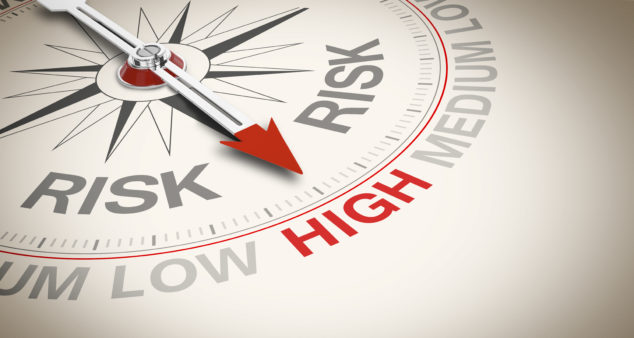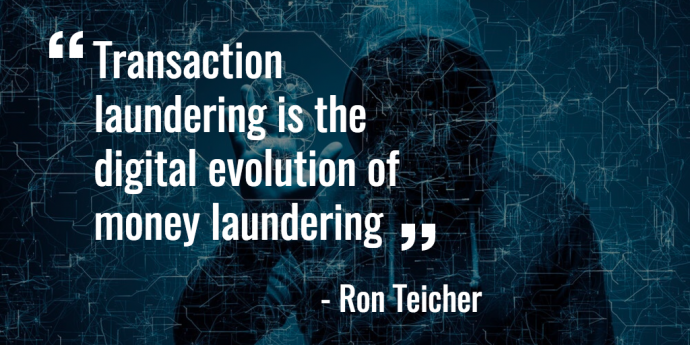
Jan 30, 2019 | Compliance, Fraud Detection, Merchant Monitoring, Risk Management, Transaction Laundering
Ongoing monitoring is required by regulatory authorities and credit card organizations as part of enhanced due diligence for certain merchant types. Especially acquirers with many high-risk merchants in their portfolio have to implement a solid monitoring framework. For them, monitoring isn’t an option but a legal obligation.

May 23, 2018 | Compliance, Regtech
“From the Fourth and Fifth Money Laundering Directives, to the General Data Protection Regulation (GDPR), to the second Payment Services Directive (PSD2), to the New York Department of Financial Services Final rule – all have had an impact on existing KYC processes. But the traditional banking industry is fragmenting as new ways to send value from one country to another are developed.”

May 7, 2018 | Fraud Detection, High-Risk Business, Interview, Security
Hidden high-risk industries could be hiding risky business behind ‘low risk’ MCCs, as this saves them from the acquiring bank’s high scrutiny applied during the on-boarding process of high-risk merchants. Merchants, involved in high-risk business, use camouflage tactics to ‘fly under the radar’ and negotiate favorable (low risk) processing rates.

Aug 4, 2017 | Interview, Transaction Laundering
You estimate the extent of TL to reach $352B worldwide. Criminals who abuse merchant accounts to process card payments for their illegal products or services are threatening legitimate e-commerce and merchant acquirers. In 2016, there were over 500,000 illegal shops online. What makes TL hard to detect?

Jun 28, 2017 | Fintech, Interview
During the past decade, fintech has revolutionized the payments industry, and incumbent merchant acquirers have been struggling to compete. Why have Silicon Valley innovators been so successful in challenging powerful incumbents with decades of experience in financial services?






Recent Comments